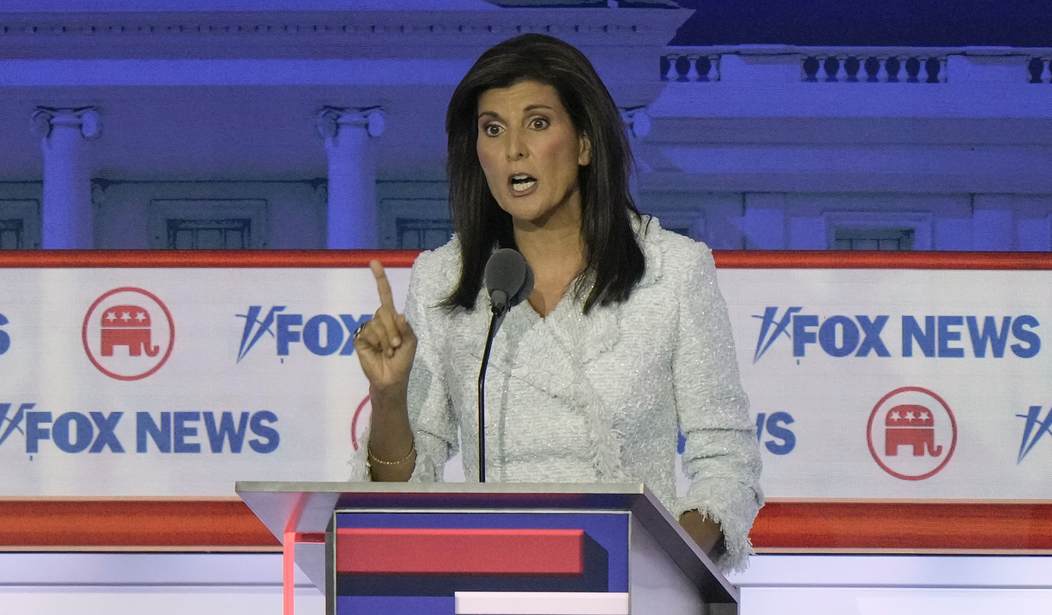I am pretty sure this would be unconstitutional, and quite sure that on balance it is a bad idea.
Still, let me defend Nikki Haley for a moment. In a Fox News segment, she made the case that all social media accounts should be tied to a public identity, prohibiting anonymous accounts.
Her argument has a certain attraction. People are such jerks on social media partly because it is a place where you can spout off without looking people in the eye, and anonymous accounts are good places to spread hate without being held responsible.
I was wondering where @NikkiHaley got the idea that the federal government should ban anonymous speech on social media. Perhaps from the WEF conference in China that she attended and listened to the CCP premier keynote?
Or perhaps her former boss…. https://t.co/ehz0A9bcCd pic.twitter.com/itfXH6WJvM— Christina Pushaw 🐊 🇺🇸 (@ChristinaPushaw) November 14, 2023
In addition, bot accounts, foreign influence operations, and propagandists of all stripes can put out all sorts of lies without anybody being held accountable. If you know an account is tied to a Russian spy ring, you might evaluate its “information” differently. It also makes it easier to identify predators.
Okey dokey. I get the gist of the argument. It has a surface plausibility to it. It’s appealing to both the security state types and the soccer moms worried about their kids. All sorts of problems would be mitigated by going down this path.
Now, here’s the problem, aside from constitutionality: anonymous accounts also empower people to express unpopular views that could get people “canceled” much more freely, and allow people to stay off the radar of overzealous security state types who might, for instance, send the FBI after you for opposing abortion or being a conservative Catholic.
Does that sound familiar to anyone?
Anonymous pamphleteering has a long and distinguished history in US politics, going back to the time of the Founders and before.
The Federalist Papers, for instance, were published pseudonymously, as was Common Sense. Anonymous publishing was one of the solutions to censorship and oppression, and in the modern world, it remains vital protection for people with jobs who also want to participate in the political arena without losing their jobs.
Think Libs of TikTok. Chaya Raichik posted as Libs of TikTok for years (she still does) and was so annoying to the Left that she was eventually doxxed by the execrable Taylor Lorenz, who managed to get her fired from her job. Chaya had acquired enough popularity to turn her Twitter following into a gig that paid, but lots of others without the prominence get canceled for being controversial and simply get screwed.
I am of course most sympathetic to conservatives who get canceled due to tribal loyalties, but it is just as wrong to do this to others. If people choose to be anonymous, however annoying it is that should be allowed, unless they are in some way threatening.
Another issue intertwined with Haley’s suggestion is this: digital IDs, which would be required to make this a reality. There would have to be a clearinghouse of some sort to make Haley’s suggestion workable. There is no way that every social media company could verify the identity of every customer, and do you really want to provide your driver’s license and Social Security card to everybody, including China if you use TikTok?
All in all, the sentiment behind Haley’s proposal sounds nice, and I too would like a nicer and more transparent experience on Twitter. A world without bots would be nice. Civility would be great. But the costs are not worth the benefit.
This would just wind up being a gift to the security state and the censors.








Join the conversation as a VIP Member